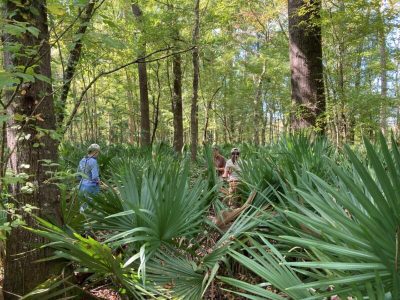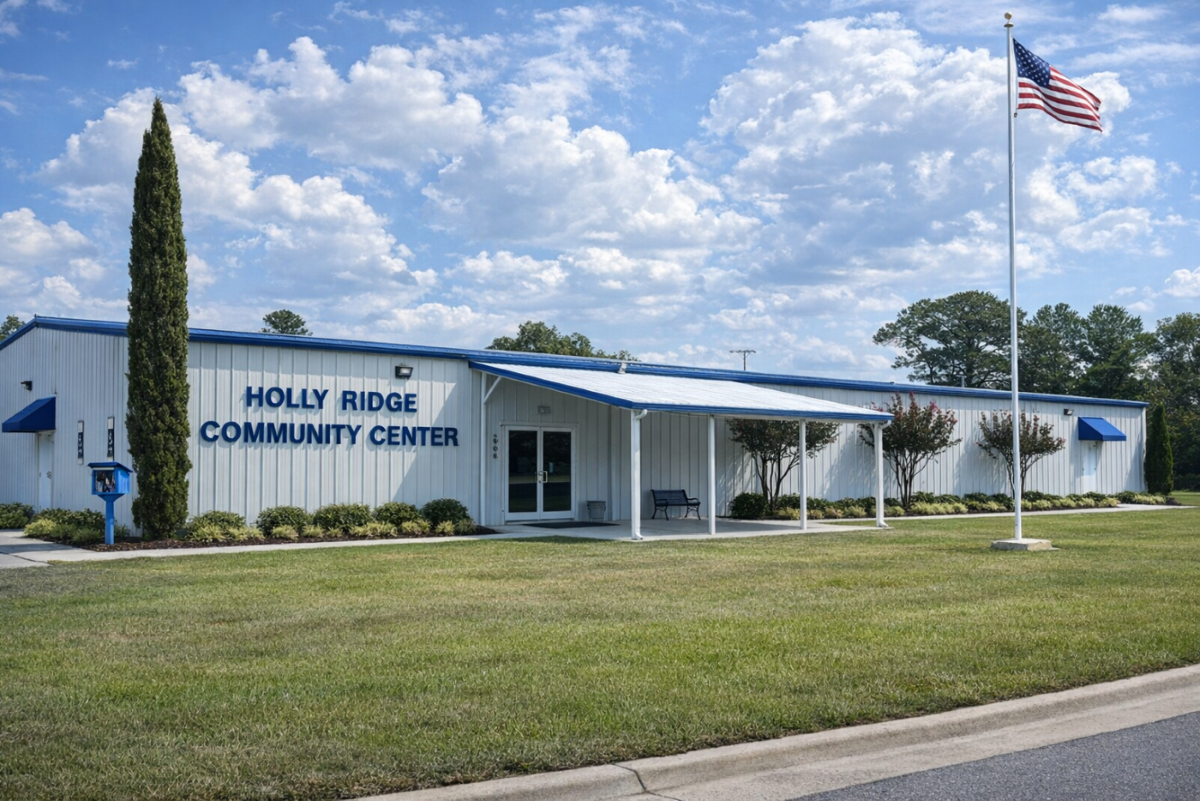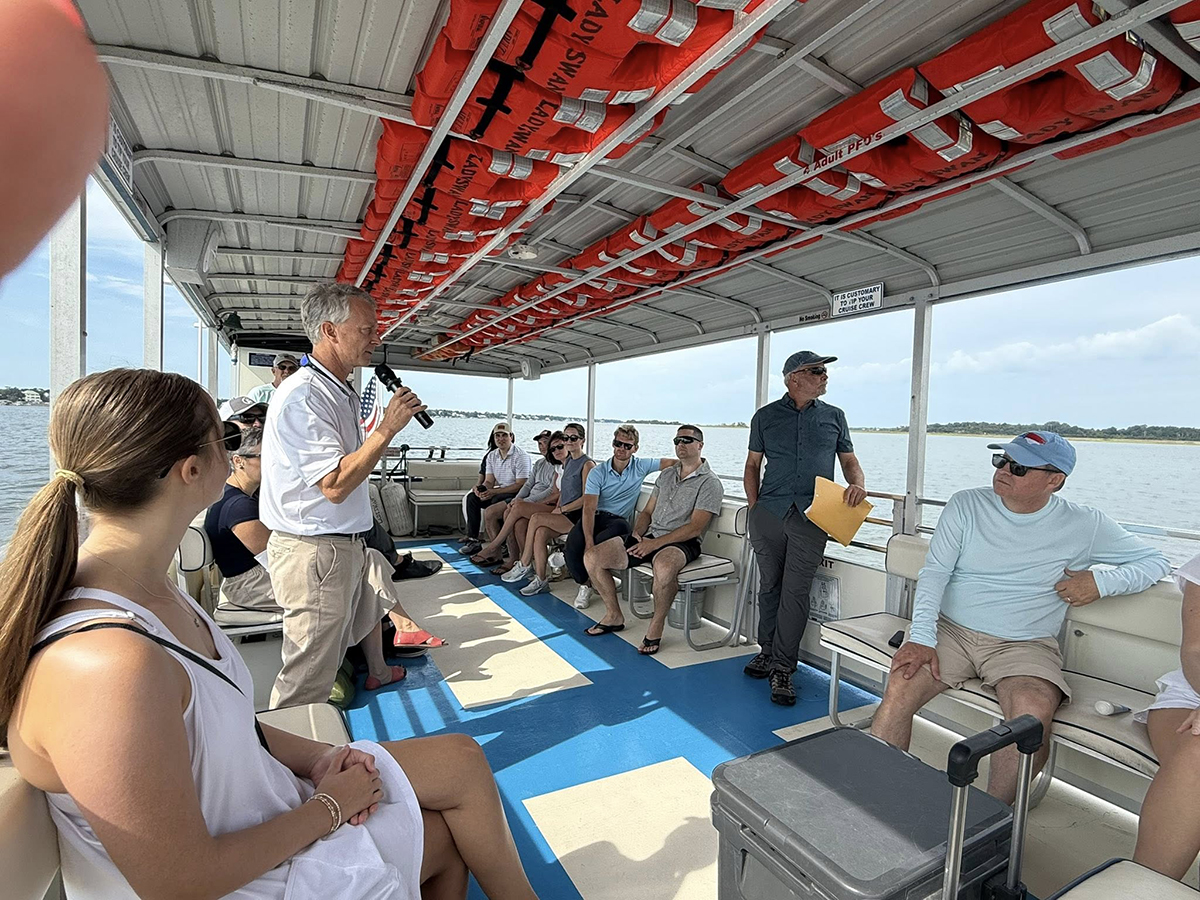
The North Carolina Coastal Land Trust has purchased 32.16 acres in Pender County, within the larger Rocky Point Marl Forest Significant Natural Heritage Area.
The land, located near the intersection of Interstate 40 and N.C. 210, is considered an “exceptionally significant site” by the North Carolina Natural Heritage Program because it contains the only extant global occurrence of the wet marl forest natural community. The purchase was made earlier this month.
Supporter Spotlight
“Our thanks go to Diane Toothman and her son Byron for working with us to conserve this little wetland gem. This wet marl forest property was near the top of our Top 40 list due to its biological uniqueness. We are thrilled to have secured funding from the U.S. Fish and Wildlife Service’s North American Wetlands Conservation Act (NAWCA) grant program to conserve it,” said Janice Allen, Director of Land Protection, in a statement.
Rocky Point Marl Forest in south-central Pender County is near the community of Rocky Point and is bordered on all sides by cropland, residences, and commercial operations, including a rock quarry along the south side. Limestone, or marl, is very near the surface at the site, and soils are wet to mesic, according to the state Natural Heritage Program.
Allen told Coastal Review that the Coastal Land Trust purchased the 32-acre property for $52,000, less than the $65,000 appraised value.
The North Carolina Natural Heritage Program estimates the size of remaining marl forest at 648 acres in four separate locations in the Rocky Point community of Pender County. “Coastal Land Trust acquired one of the best remaining pieces of this biologically unique community,” she added.
Mike Schafale, an ecologist with the state Natural Heritage Program, said in a statement that the wet marl forest natural community at Rocky Point occurs nowhere else in the world.
Supporter Spotlight
“Of the highest priority, irreplaceable sites that were known when I started my career in the early 1980s, almost all have seen some substantial amount of protection over the years. Rocky Point is one of the last to see any protection success,” he said.
Byron Toothman, one of the landowners, said they were thankful that the Coastal Land Trust was willing to take on the conservation of this habitat.
“Rapid changes to the landscape, invasive species, logging, and mining have steadily chipped away at the already limited range of this unique community. It is difficult to overstate the importance of its preservation,” he said.







